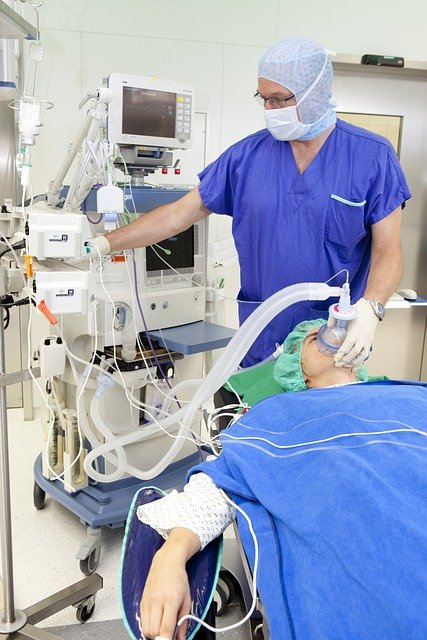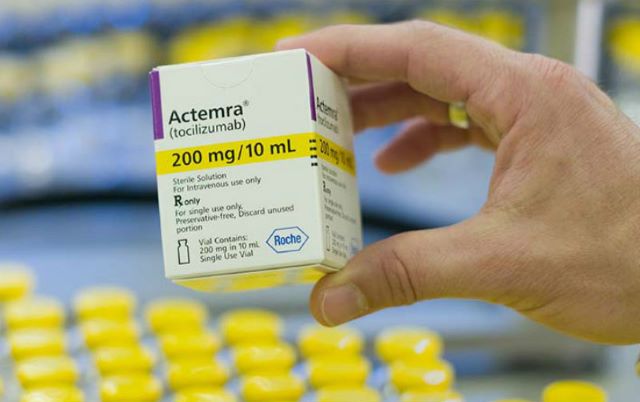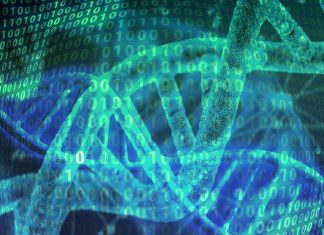As scientists around the world are in the race to develop an effective vaccine against Covid-19, a group of Japanese scientists has tested a drug to treat severe COVID-19 patients.
The research team has found the drug effectively blocks the activity of a protein component, interleukin-6 (IL-6), known to be elevated in many severe Covid-19 patients. The findings are first published in a scientific journal PNAS on August 21, 2020 (Kang et al., 2020).
In response to infection, trauma, or diseases like cancer, our body produces a kind of smaller protein molecules, known as cytokines that stimulate the inflammatory process to heal the body. The problem is if overstimulation occurs, the cytokines become harmful, leading to many complications, from asthma to severe autoimmune diseases.
Increased Level of Cytokines in Covid-19 Cases
Cytokine release syndrome (CRS) is one such complication that develops in patients suffering a hyperactive immune response due to infection or trauma and can result in multiple organ failures, even death.
“Despite knowing which cytokines are involved, there is still no specific immunotherapy for CRS, and treatment is limited to supportive care,” stated study lead author Sujin Kang at Immunology Frontier Research Center, Osaka University in Japan.
The authors of the report first investigated cytokine profiles of 91 patients diagnosed with CRS associated with bacterial infection, respiratory distress, or burns.
They observed increased levels of cytokines IL-6, IL-8, IL-10, and MCP-10, as well as a protein called PAI-1, which causes small blood clots in vessels throughout the body, including the lungs, in patients from all three groups.
Commonly, increased PAI-1 levels are associated with more severe cases of pneumonia, a known cause of death among Covid-19 patients.
IL-6 signaling blockade Useful for Covid-19 Treatment

Since IL-6 was positively related to the levels of other cytokines and PAI-1, the researchers concluded that IL-6 signaling is crucial for the development of CRS following infection or trauma, and may play a role in the pathogenesis of Covid-19.
Then the researchers recruited seven patients with severe-to-critical Covid-19. They intravenously injected tocilizumab, a human monoclonal antibody-based drug known as Actemra®.
The researchers found that all seven patients exhibited decreased serum PAI-1 levels and improved clinical features, including lower C-reactive protein (CRP) levels.
IL-6 signaling blockade could therefore prove useful for the treatment of both CRS and the severe respiratory complications of COVID-19, the research team noted.




















